17 May 2025
Play isn’t just about fun and games—it's serious business for kids. Think of it as their version of a full-time job, except they get paid in giggles, scraped knees, and the occasional meltdown over a missing Lego piece. But here’s the kicker—while they’re busy stacking blocks, playing dress-up, or chasing imaginary dragons, they’re actually learning. Mind-blowing, right?
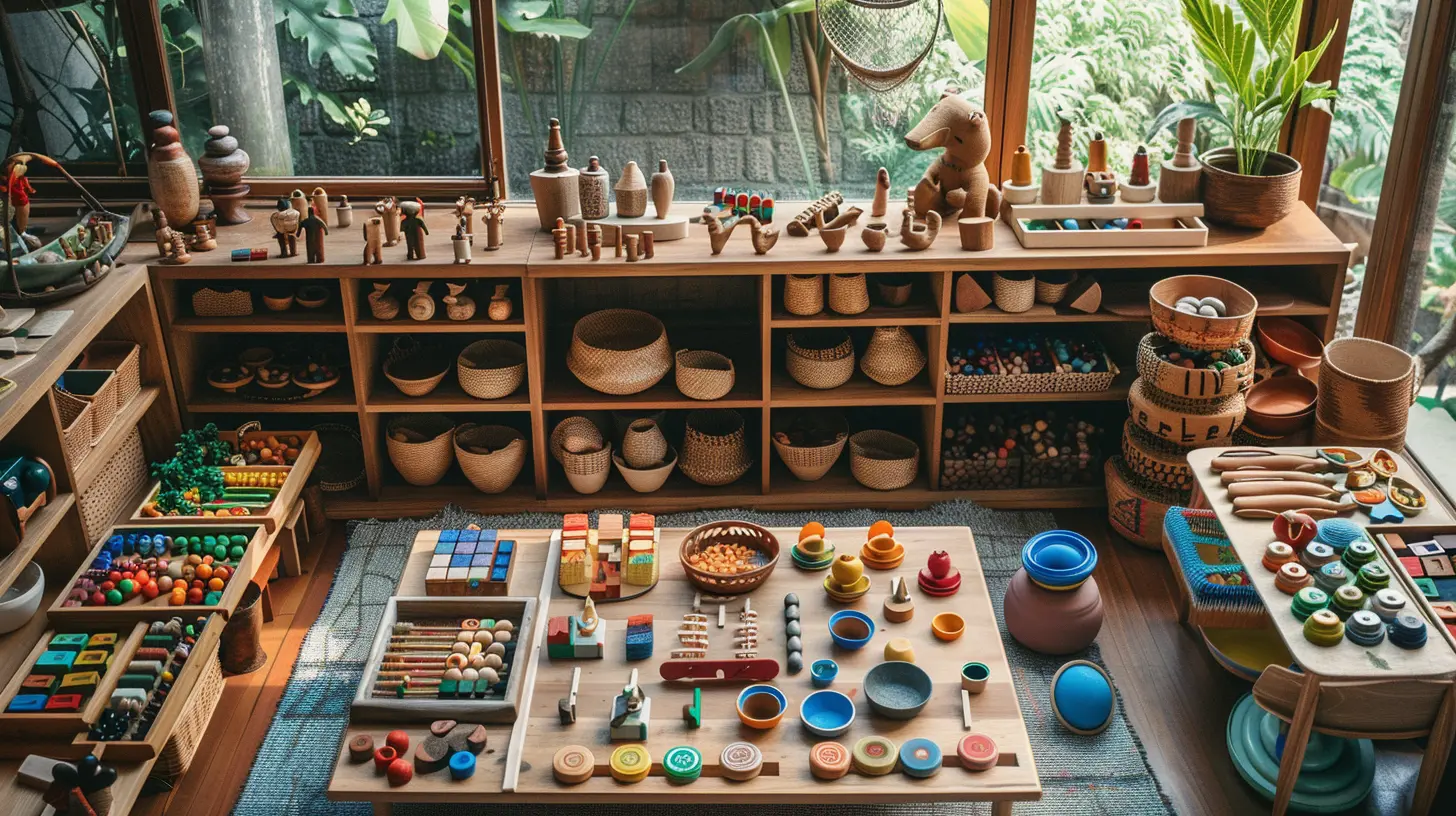
Why Play Is More Than Just Play
If you’ve ever watched a toddler deeply engrossed in a game of "let’s pretend," you’ve seen firsthand the magic of learning through play. It’s like sneaking spinach into a smoothie—kids are absorbing skills without even realizing it.From problem-solving to social interaction, play is the secret sauce that helps young minds develop. In fact, studies show that when children engage in purposeful play, they build cognitive, social, emotional, and physical skills that set the foundation for lifelong learning. Who knew those messy finger paintings were low-key genius exercises?
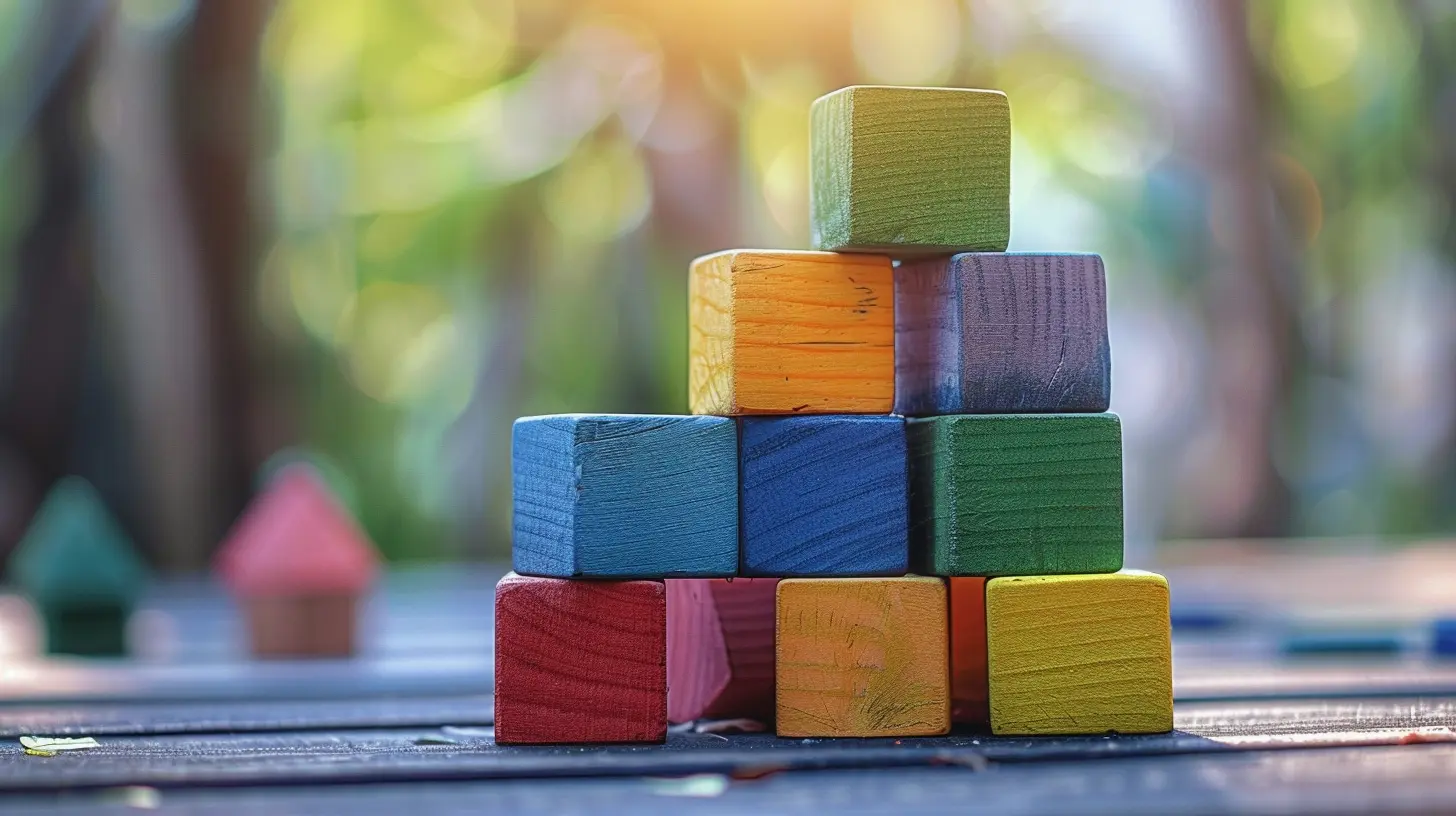
The Science Behind Play and Learning
So, what’s happening in those little brains when kids are playing? Turns out, play isn’t just fun—it’s a full-on brain workout. Neuroscientists have found that play activates the prefrontal cortex (the part responsible for decision-making and problem-solving), enhances memory, and improves emotional regulation. Translation? The more kids play, the sharper their brains get.Play Equals Problem-Solving Power
Ever watched a child try to fit a square block into a round hole over and over again? At first, it’s frustrating (for you and them). But then, suddenly—click! They figure it out. That’s problem-solving in action. Play teaches kids persistence, trial and error, and critical thinking—all crucial skills for, well, life.Social Skills 101
Play is the ultimate crash course in human interaction. When kids engage in group play, whether it's a tea party or a game of tag, they’re learning how to cooperate, negotiate, and (hopefully) take turns. And let’s be real—if adults could master conflict resolution as well as kids navigating toy disputes, the world would be a much calmer place.Emotional Intelligence in Action
Ever seen a toddler pretend to be a doctor? Or a superhero? Role-playing helps kids step into other people’s shoes (figuratively, but sometimes literally too). This builds empathy, self-awareness, and emotional intelligence—super important skills that help them navigate relationships as they grow.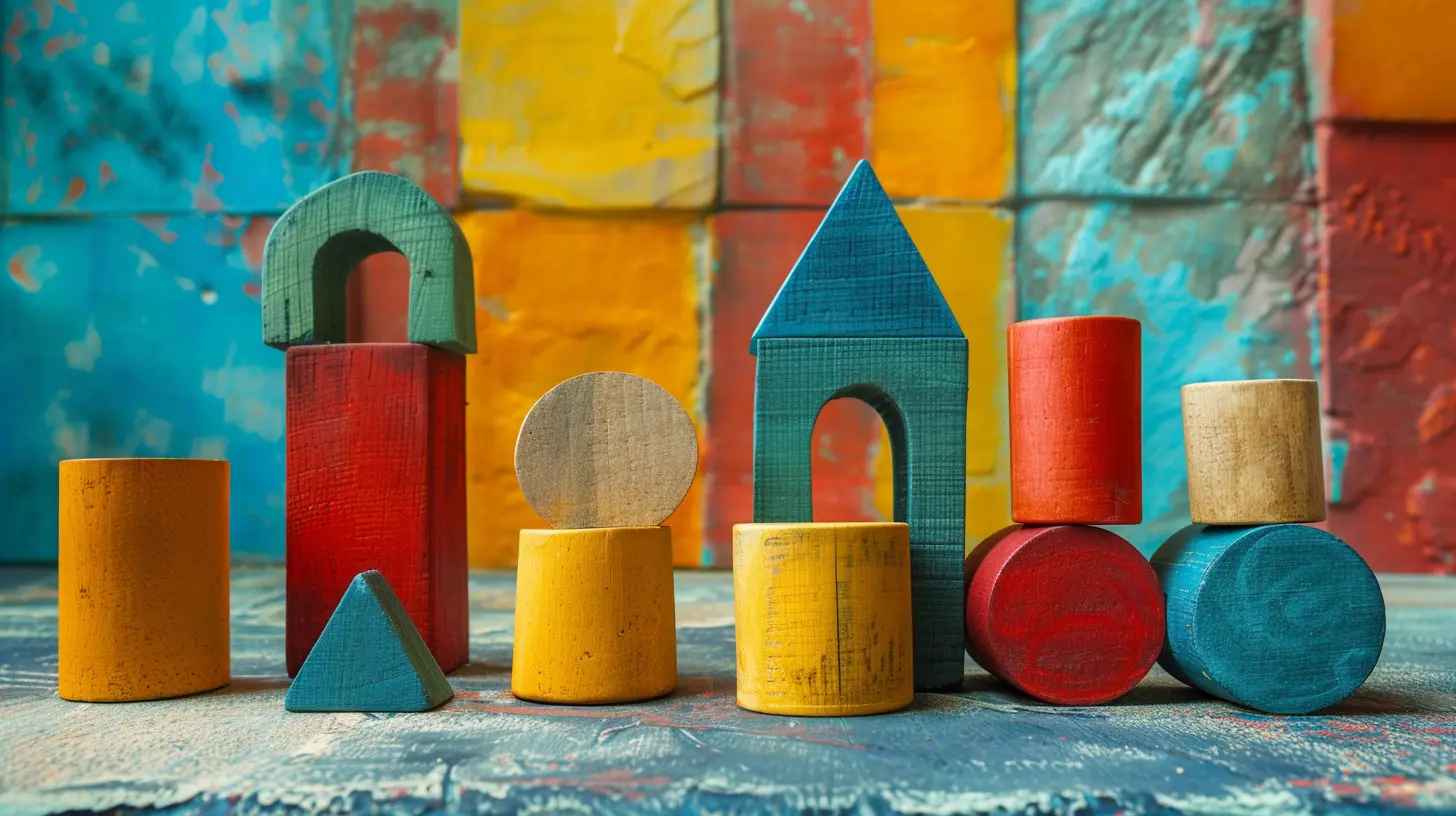
Different Types of Play (And Why They Matter)
Not all play is created equal. Just like there are different learning styles, there are various types of play that help kids develop different skills.1. Physical Play (a.k.a. "Burn Off Infinite Energy Mode")
Running, jumping, climbing—kids are natural-born movers. Physical play helps develop motor skills, coordination, and overall health. Plus, it helps tire them out so bedtime isn’t a battle (you’re welcome, parents).2. Pretend Play (The "Imagination Factory")
Whether they’re pretending to be a firefighter, a chef, or a talking unicorn, kids are developing creativity, problem-solving, and storytelling skills. Bonus? It gives parents insight into how their kids view the world.3. Constructive Play (Future Engineers in the Making)
Building towers, connecting puzzle pieces, or creating elaborate Lego cities—this type of play teaches spatial awareness, patience, and ingenuity. Plus, nothing beats the feeling of supreme victory when a delicate block tower actually stays up.4. Social Play (Mastering the Art of Human Interaction)
Games that involve teamwork, sharing, and communication—think hide and seek, board games, or group storytelling—help kids develop social skills that will serve them for life. Let’s be honest, even some adults could use a refresher course in this department.5. Sensory Play (Messy but Worth It)
Playing with sand, water, slime, or playdough helps kids explore textures, develop fine motor skills, and learn cause and effect. Yeah, it’s messy, but the benefits far outweigh the cleanup (buy some baby wipes and power through).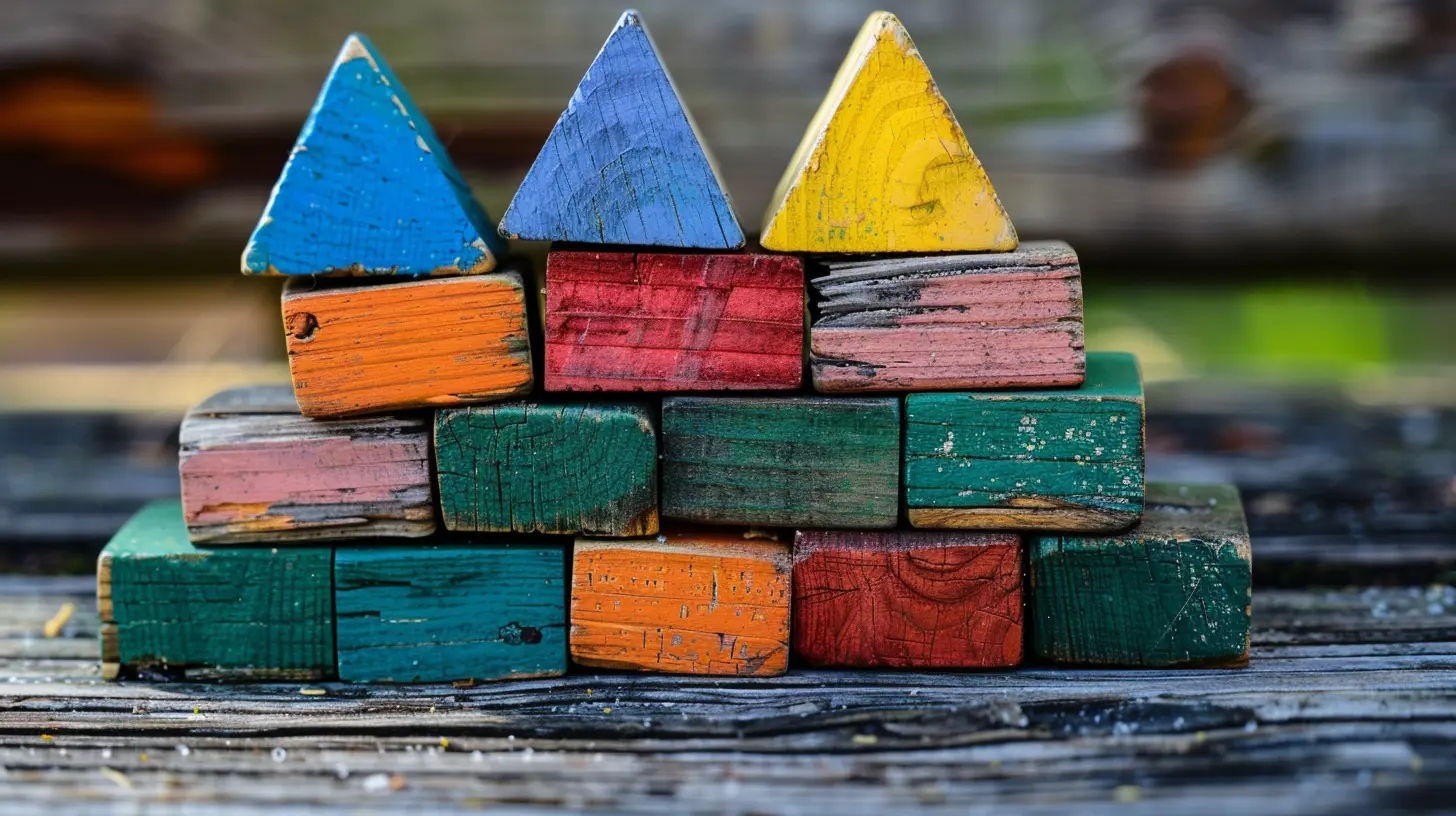
How Parents and Educators Can Encourage Play-Based Learning
Okay, so we know play is crucial—but how can adults encourage more of it?1. Let Them Take the Lead
Kids are naturally curious. Instead of structuring every second of playtime, give them the freedom to explore and create on their own. Sometimes the best learning happens when things get a little chaotic (within reason, of course).2. Provide Open-Ended Toys
Toys that can be used in multiple ways—Legos, wooden blocks, dolls, art supplies—encourage creativity and keep kids engaged longer. The more open-ended the toy, the more opportunities for learning.3. Limit Screen Time
Look, we’re not saying to ban screens completely (we all need a break sometimes). But balancing screen time with hands-on play keeps kids engaged, active, and creative. Try swapping out an hour of YouTube for an hour of imaginative fort-building.4. Encourage Outdoor Play
Playing outside isn’t just good for the body—it’s great for the brain too! Nature play sparks curiosity, enhances problem-solving skills, and hey, it’s free entertainment. If you have a backyard, park, or even just a patch of grass nearby, let kids run wild (safely, of course).5. Play Together
Want to see play’s magic firsthand? Jump in! Whether it’s a silly game of tag or a round of dress-up, playing with kids strengthens bonds, boosts their confidence, and gives them positive role models for social interaction. Bonus: You get to act like a kid again without judgment.The Lifelong Benefits of Learning Through Play
What happens when kids grow up in a play-rich environment? They become better problem-solvers, more adaptable, and more creative thinkers. Play lays the foundation for skills needed in adulthood—whether it’s teamwork, resilience, or the ability to think outside the box.So the next time you see a child deeply engrossed in a game, remember: they’re not "just playing." They’re learning, growing, and shaping the person they’ll become. And honestly, that’s pretty incredible.

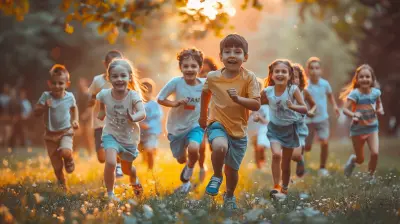


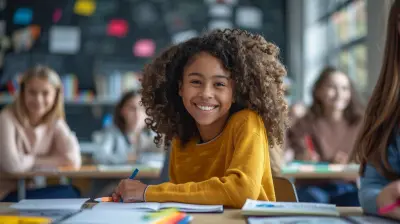

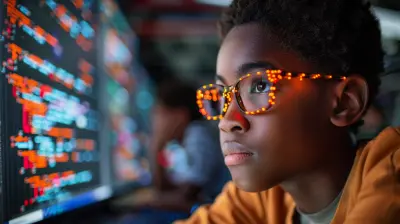

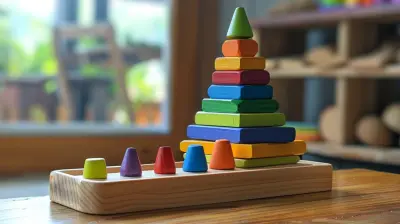
Graham McMahan
Great article! Emphasizing the importance of play in early childhood development is crucial. It nurtures creativity, social skills, and a love for learning. Thank you!
December 21, 2025 at 1:59 PM